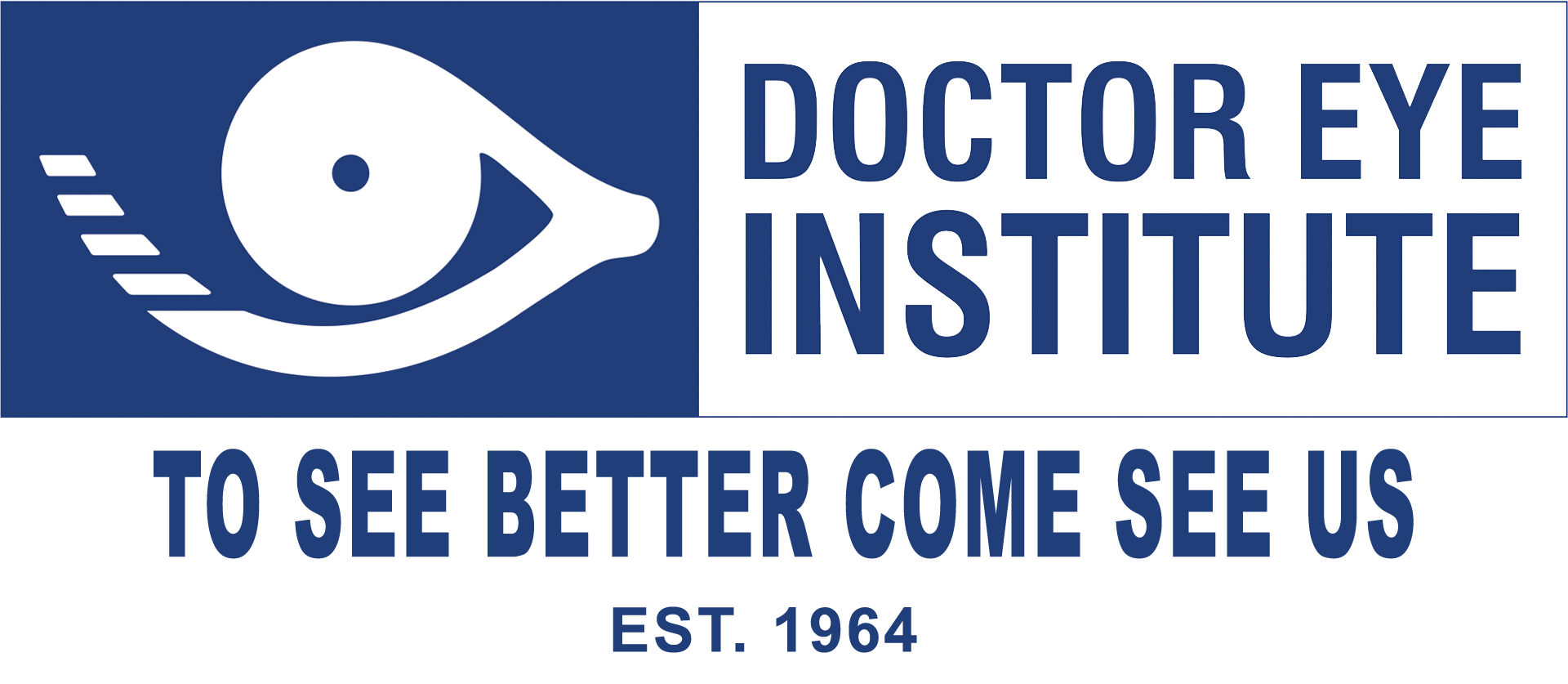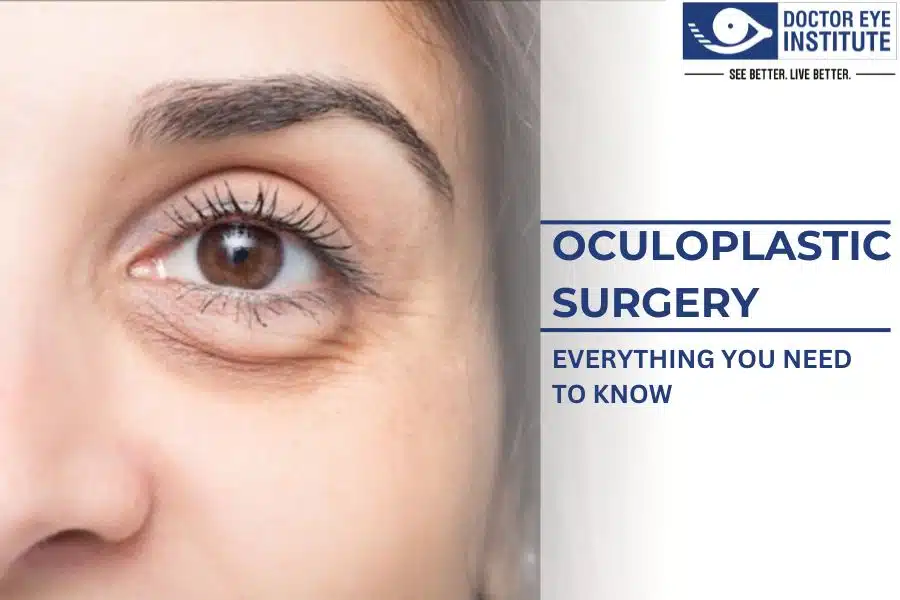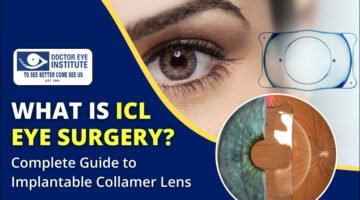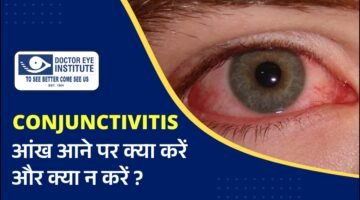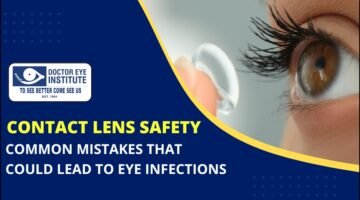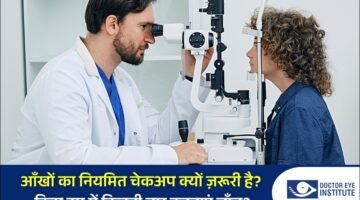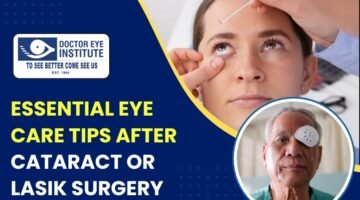Understanding Oculoplastic Surgery: Improving Eye Health and Aesthetics
Oculoplasty is a specialized field within ophthalmology focusing on the diagnosis and treatment of disorders related to the eyelids, tear ducts, and orbit (eye socket). It encompasses a range of procedures aimed at restoring or improving the functionality and aesthetics of the eye area. From correcting droopy eyelids a to managing orbital fractures, oculoplasty plays a vital role in maintaining eye health and appearance.
Understanding Oculoplastic Surgery:
Oculoplastic Surgery Meaning
Oculoplastic surgery is a special area of medicine focused on fixing problems with the eyelids, tear ducts, eye socket (orbit), and nearby facial areas. The term itself combines “oculo,” which relates to the eye, and “plasty,” which means surgical repair or change. So, oculoplastic surgery involves both fixing issues and making cosmetic improvements to these parts around the eye.
Oculoplastic surgeons are experts who have had extensive training in both eye care and plastic surgery. This unique combination of skills lets them diagnose and treat a wide range of issues affecting the eye and its surroundings. They’re equipped to handle everything from eyelid problems to tumors in the eye socket, providing comprehensive care to their patients.
Conditions Treated by Oculoplastic Surgery:
- Eyelid Issues: These include things like droopy eyelids (ptosis), and eyelids turning inwards (entropion), or outwards (ectropion), which can cause vision problems and discomfort.
- Orbital Tumors: Tumors in the eye socket can be dangerous for vision and eye health. Oculoplastic surgeons can find and remove these tumors surgically while making sure the eye still works well and looks normal.
- Tear Duct Problems: Blocked tear ducts can lead to too much tearing, discomfort, and infections. Oculoplastic surgeons have different methods, like dacryocystorhinostomy (DCR), to fix these issues and help tears drain properly again.
- Thyroid Eye Disease (TED): This condition involves swelling and inflammation around the eye due to thyroid issues. Oculoplastic surgeons work alongside other specialists to manage Thyroid eye disease and reduce its impact on vision and appearance.
Types Of Oculoplastic Surgery
Blepharoplasty: This surgery gets rid of extra skin, muscle, and fat from your eyelids. It’s done to make your eyes look better and fix issues like saggy eyelids or bags under your eyes.
Ptosis Repair: Sometimes, an upper eyelid can droop down and block your vision or make you look tired. This surgery lifts up the eyelid to the right place, making your eyes look better and helping you see better too.
Entropion Repair: When your eyelid turns inward, it can make your eyelashes rub against your eye, which is really annoying. This surgery fixes that by repositioning the eyelid to stop it from turning inward.
Ectropion Repair: If your eyelid turns outward, it can expose the inside of your eyelid, which can make your eyes dry and irritated. This surgery fixes that problem by getting the eyelid back to its normal position, so your eyes work properly and feel better.
What Causes Eyelid Ptosis?
Eyelid ptosis, or drooping eyelids, can happen for a few reasons:
- Age-related Changes: As we get older, the muscles that hold up our eyelids start to weaken. This weakening can cause the eyelids to droop down. Both the upper and lower eyelids can be affected by this natural aging process.
- Congenital Factors: Some people are born with ptosis because of genetics or issues with how their muscles develop. This means their eyelids might droop from birth or show signs of drooping early on.
- Neurological Conditions: Certain conditions that affect the nerves, like a stroke or Bell’s palsy, can mess up the signals that control eyelid movement. When these signals get disrupted, it can lead to eyelid ptosis.
It’s really important to understand what’s causing the eyelid ptosis so that doctors can treat it properly. Oculoplastic surgeons, who specialize in eyelid surgery, use different techniques to fix this problem. Their goal is to not only make the eyelids work better but also to make them look better.
What Is Ectropion of Eyelid?
Ectropion happens when your eyelid turns outward away from your eye. This can make the inner part of your eyelid show and can cause discomfort.
Symptoms:
- Constant tearing: Your eyes might tear up a lot because tears don’t drain properly.
- Dryness and irritation: Your eye might feel dry and irritated.
- Redness and inflammation: The edge of your eyelid might get red and swollen.
- Sensitivity to light: Bright lights might bother you more than usual.
- Blurred vision: Your vision might get blurry because your cornea (the clear part of your eye) is exposed.
Causes:
- Getting older: As we age, the muscles and tissues around our eyelids weaken.
- Facial nerve palsy: This affects how well you can close your eyelids properly.
- Scars: If you’ve had trauma or surgery near your eye, it might cause scarring that leads to ectropion.
- Born with it: Sometimes people are born with eyelids that are more likely to turn outward.
Treatment Options:
- Eye drops or ointments: These can help with dryness and discomfort.
- Eyelid tape or weights: These can help keep your eyelids in the right place temporarily.
- Surgery: If ectropion is severe, surgery might be needed to fix the muscles and tissues in your eyelid or remove extra skin.
- Treating underlying conditions: If something else is causing your ectropion, like nerve problems or scarring, those issues might need to be treated too.
What Is Entropion?
Entropion is when your eyelid turns inward towards your eye. This can make your eyelashes and skin rub against your eye, which causes irritation and can even damage your cornea—the clear covering over your eye. Here’s what you should know about it:
Symptoms:
- Your eye might seem persistently red and feel irritated.
- It might feel like there’s something foreign in your eye.
- You might tear up more than usual because your eye is irritated.
- You could get scratches or sores on your cornea from the constant rubbing.
Causes:
- It can happen as you get older because the tissues and muscles around your eyelids change.
- If you’ve had an injury or surgery around your eye before, scar tissue could cause entropion.
- Sometimes it’s just how you were born or due to genetic factors.
- Conditions like blepharitis (inflammation of the eyelid) or conjunctivitis (inflammation of the eye’s surface) can also lead to it.
Treatment:
- Using eye drops or ointments that lubricate your eye can help reduce irritation.
- Sometimes, temporary fixes like taping your eyelid or using injections can help until you get more permanent treatment.
- Surgery might be needed to fix the position of your eyelid and stop it from turning inward.
- If there’s an underlying condition causing it, like inflammation, that will need to be managed too.
The goal of treatment is to make you more comfortable and prevent any further damage to your eye. So, if you notice any of these symptoms, it’s essential to see an eye doctor to get the right treatment.
How Much Does Oculoplastic Surgery Cost?
Curious about the expenses involved in oculoplastic surgery? Well, the cost can vary depending on several factors. Firstly, the specific type of surgery you require influences the pricing. Additionally, the level of experience of the surgeon is a significant factor – seasoned surgeons may have higher fees. Location is another consideration; prices may differ depending on where the surgery is performed. Furthermore, if you need additional treatments or special facilities, that would contribute to the overall cost.
As for the approximate amount, it can vary considerably. On average, oculoplastic surgery in India can range from a few thousand rupees to several lakhs, depending on the complexity of the procedure and other factors.
Closing Reflections
At Doctor Eye Institute in Mumbai, we understand how important oculoplastic surgery is for improving both the look and function of your eyes and the area around them. Whether it’s correcting droopy eyelids, removing bags under the eyes, or fixing other issues, we know that oculoplastic surgery can have a big impact on your eye health and overall happiness.
We know that deciding to have this type of surgery is a big deal, so we’re here to help you understand everything about it – what it means, the different types, what causes the problems, and the various ways we can treat them. Our goal is to give you all the information you need to make the best decisions for your eye health and well-being.
If you’re thinking about oculoplastic surgery, we invite you to come in for a consultation with one of our experienced oculoplastic surgeons. Together, we can create a personalized treatment plan that fits your needs and goals, so you can achieve the best results on your eye health journey.
FAQs: Frequently Asked Questions
Q1. What is oculoplastic surgery, and what does it involve?
A. Oculoplastic surgery focuses on the reconstruction and enhancement of the tissues surrounding the eyes. It encompasses a range of procedures aimed at improving both the aesthetics and function of the eyelids, tear ducts, and orbit (eye socket).
Q2. What types of oculoplastic surgery are offered at Doctor Eye Institute?
A. At Doctor Eye Institute, we offer various oculoplastic procedures, including blepharoplasty (eyelid surgery), ptosis repair (droopy eyelid correction), entropion repair, and ectropion repair. Each procedure is tailored to address specific concerns and goals of our patients.
Q3. What are some common causes of eyelid issues that may require oculoplastic surgery?
A. Eyelid issues such as ptosis (drooping eyelids), ectropion (outward-turning eyelids), and entropion (inward-turning eyelids) can occur due to factors such as aging, genetics, injury, or underlying medical conditions.
Q4. How do I know if I am a candidate for oculoplastic surgery?
A. If you experience functional problems with your eyelids or are dissatisfied with the appearance of your eye area, you may be a candidate for oculoplastic surgery. We recommend scheduling a consultation with one of our experienced oculoplastic surgeons to discuss your concerns and determine the most suitable treatment options for you
